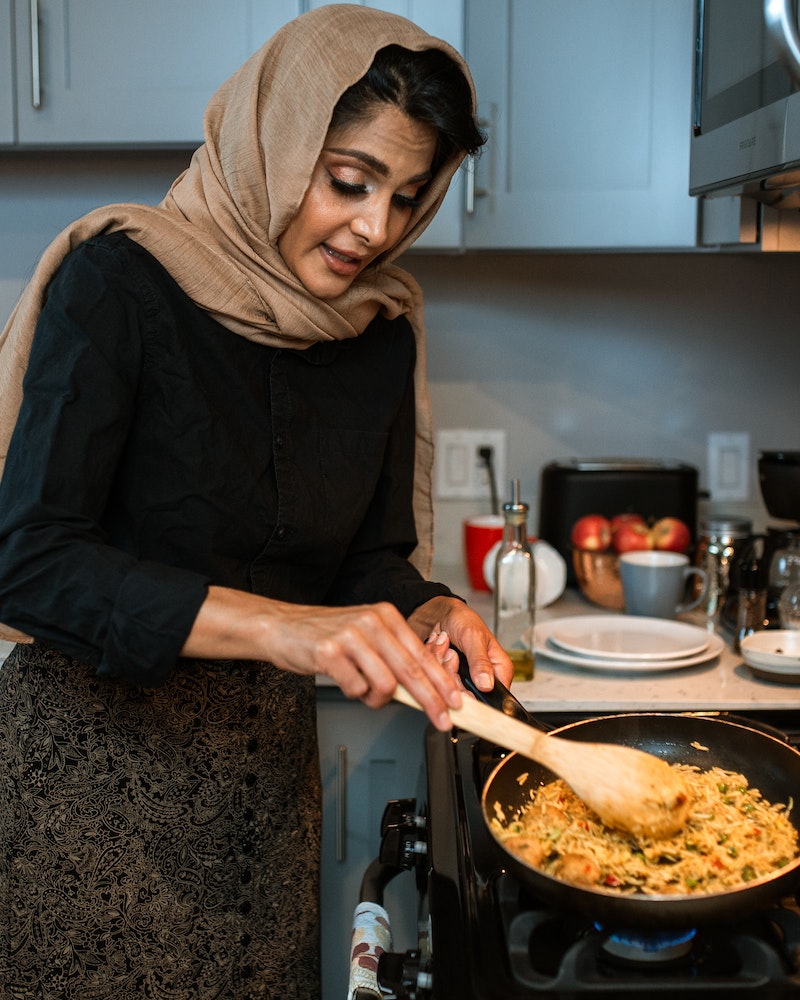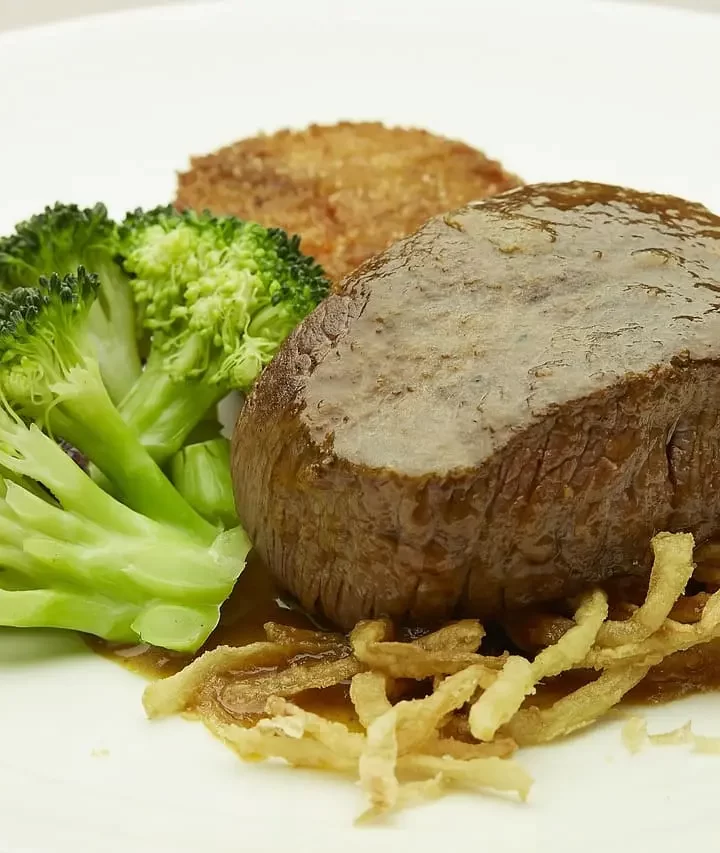Everyone who ventures into the kitchen for the first time has no idea where to start. Even so, know everything about in the kitchen. Even the greatest chefs were culinary beginners at some point. Maybe it took them years to get to the professional level, but you don’t need that long to learn how to cook tasty recipes! After all, here we already bring you cooking tips for beginners.
It can seem daunting to come across unknown ingredients, instructions that seem obvious to others – but make no sense to you (what the hell is “salt to taste”?) – and recipes that seem too complicated for everyday use. However, if you are reading this article, our guess is that you want to better understand the art of cooking, and I am to help! Put on your apron and let’s get going!

1 – Start by following the recipes
It is very common for cooks to decide to replace ingredients with others that seem more attractive, that they already have at home or that are easier to find, or even make daring combinations. However, if this is your first time trying that dish, prefer to follow the recipe exactly the first few times. Stick to the suggested ingredients and measurements. Once you get the hang of it in the kitchen, you’ll notice which flavors go best together and make adjustments based on past experiences. Typhur technology can help you with this because they have a smart kitchen appliance that has the all recipe that you need.
2 – Check the ingredients before starting
Anyone who cooks will have a good story of when they started to make a recipe and about halfway through the preparation, they realized that they did not have the necessary ingredients. This inevitably happens, even more so when we are in the rush of everyday life. So, if possible, check before starting that you have all the items for the dish, as well as the essential amount. This avoids headaches and wasted ingredients.
3 – Organize the counter and keep ingredients handy
Pre-preparation is seen by many as the most boring part of cooking. However, we recommend that you already leave the chopped, peeled, pre-cooked ingredients, separated into small pots and organized on the counter.
Often, in the midst of preparation, you will not have time to prepare the next ingredient. Do you know what the risk is? Burning the contents in the oven and causing accidents or waste.
4 – Cook over low heat
Those who are starting to take risks in the kitchen possibly still don’t know the cooking time of food, in addition to experiencing that anxiety of wanting the recipe to be ready soon. I suggest that you plan to allow time to cook over low heat, because even if it takes longer, there is a chance of observing the process and preventing the food from burning. In addition, you have the opportunity to get used to the power of your appliances, as each stove, oven and microwave operates differently, which varies, for example, according to the brand or the time of use.
5. Invest in basic utensils
Having the right materials will make cooking easier and more enjoyable. Nobody wants to suffer cutting meat with a butter knife, for example. You don’t have to spend a lot of money to invest in basic items such as a very sharp knife, heat-resistant spoons for stirring pans over the fire, cutting board, etc.
6 – Add spices little by little
A very common saying in the kitchen, which you may have heard your grandmother say, is: you can always add more salt, but you can’t remove it later.
7 – Try to Focus Fully on the Task
We know it can be difficult to set aside time exclusively for the kitchen. We need to look at the children, read the emails, answer that important call, or even drink coffee– and many times it’s the only time to catch up with the newspaper news on TV. But whenever possible, eliminate distractions and focus on cooking, paying attention to the recipe you are making. In addition to increasing your chances of making everything delicious, this will help you identify areas for improvement so that you can become an even better chef.
8 – Start with recipes that are simple to execute
If this is your first time using the stove, choose a dish with fewer steps and easy-to-prepare ingredients. Even the most experienced cooks sometimes struggle with very complex recipes. The simplest recipes are usually the ones where you can put all the ingredients in the same pot and that’s it, like this Chicken with Broccoli and Cheese – One Pot Recipe that we posted here on the blog.
9 – Watch out for defrost/soak time
Some foods must be defrosted in advance, such as meat, which can be transferred from the freezer to the refrigerator the day before. Others can be defrosted in the microwave or go straight from the freezer to the oven. Also pay attention to foods that must be soaked for at least 3 hours, such as beans and chickpeas. This process serves not only to speed up the cooking time, but, in the case of beans, it will eliminate substances that cause digestive problems, such as the dreaded gases.
Lastly,
Alright, let’s be realistic. Even with all the beginner cooking tips above, you’ll probably go a long way before you master this art. The good news is that small everyday slips are avoided with simple kitchen tricks that you can easily find on the internet.
For example, add a slice of bread on top of burnt rice and cover for a few minutes to let it absorb the taste; balance the salt in the stew by adding a soft vegetable, such as potatoes, in the last minutes of cooking and soften the excess garlic by adding some parsley stalks and taking it to the fire again for a minute.






Leave a Reply